Thirty miles north of Seattle, at the end of the Strait of Juan de Fuca in the Puget Sound, lies a long, thin island, just 37 miles top to bottom. Nicknamed “The Rock” by locals, Whidbey Island is made up of two distinct regions: the North, where the Whidbey Island Naval Air Station is based, and the South, where the artists, craftspeople, and former tech executives live. Whidbey Island’s rugged Pacific Northwest setting—with its massive Douglas Firs and migrating whale pods—attracts entrepreneurially-minded newcomers. For these new arrivals, the idea of writing a business plan and starting a company from scratch can be daunting. If they’re lucky, this is when they find the Whidbey Island Local Lending group.

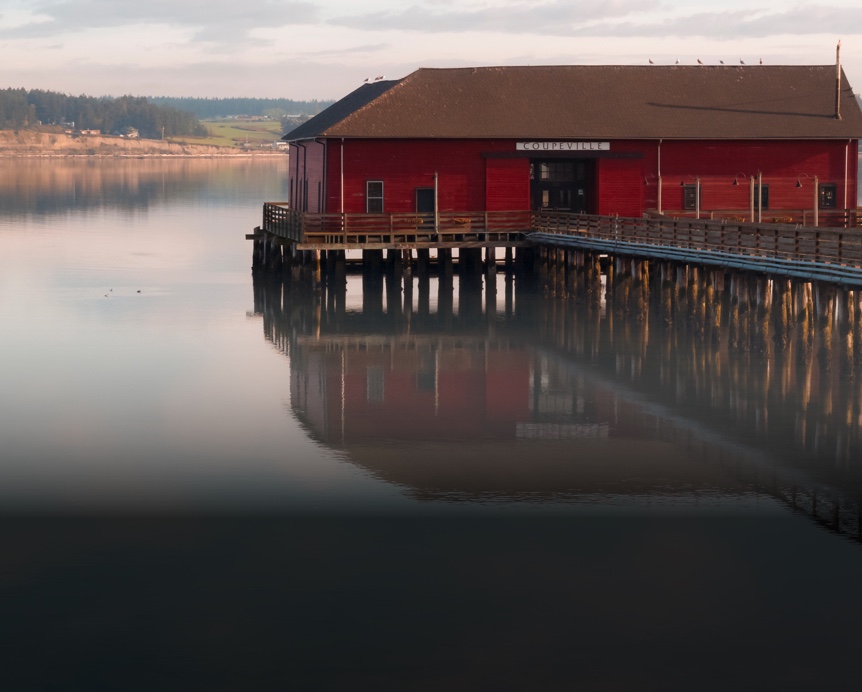
Former New York Times reporter Graham Gori and his wife Iliana Lopez-Gori arrived in Whidbey with the hopes of starting something new. Describing their eureka moment, they say, “It started on a bone-chilling day in Whidbey. We were walking down the street and found ourselves craving the warmth of Latin food. We knew locals would love it if they could try it.” Though the couple raised $16,000 in a successful Kickstarter campaign to open their Latin fusion restaurant, they soon realized they needed more funding to get the restaurant off the ground. A friend mentioned the existence of a local neighbor-to-neighbor lending group. It was called Whidbey Island Local Lending, or WILL for short. The couple was intrigued and described what happened when they investigated the group: “We found an amazing guy who only invests in businesses right here in Langley. We were on our way!” They opened Portico Latin Bistro & Cantina in 2015.

Though the couple led a successful Kickstarter campaign, raising $16,000, they soon realized they needed more funding to get the restaurant off the ground.
Since 2012, Whidbey Island Local Lending has helped local entrepreneurs realize their small-business dreams, a boon for nascent businesses like Portico. From launching a print magazine to opening a ceramics company, from supporting a uniform company for carpet cleaners to opening a gourmet-bagel bakery, WILL’s approach of helping neighbors grant relatively small low-interest loans of 4% to 6% to each other is working. One of its co-founders, longtime Whidbey resident Steve Shapiro, explains the surprising key to success: “WILL is not any kind of formal entity. There is no loan committee. Every lender accepts the risks associated with a personal loan and negotiates the loan amount and terms directly with the borrower. And while that might sound scary, it’s worth noting that WILL has loaned over $1.5 million, with only a couple of loans in default. In my opinion, this success is happening thanks to the social ties binding investors with borrowers.”

Success is happening thanks to the social ties binding investors with borrowers.
— Steve Shapiro, Co-founder of WILL
And the lenders are passionate about their role. John Lovie, a semi-retired businessman who arrived on Whidbey Island from England by way of New Jersey, has made a number of loans—five current and three paid off—under the WILL umbrella. In addition to investing money, he advises local businesses, sharing his experience. Lovie’s first neighbor-to-neighbor loan was to a local farmer, Georgie Smith, in 2012, just as WILL was beginning. Upon learning that Willowood Farm was in need of capital, he provided a loan to help Georgie buy a refrigerated van, allowing her to deliver fruits and vegetables more quickly to top restaurants in Seattle. He describes what drew him to the program, “In a bigger, more anonymous urban place, life is transactional—you go to a bar and order a drink, pay for it and it’s over. Here, life is relational. If someone is late on their loan payment, you go and talk to them, person-to-person. It’s very different from how a bank would deal with delinquency, and it works. WILL has improved where we live and has helped to create at least 110 jobs.”
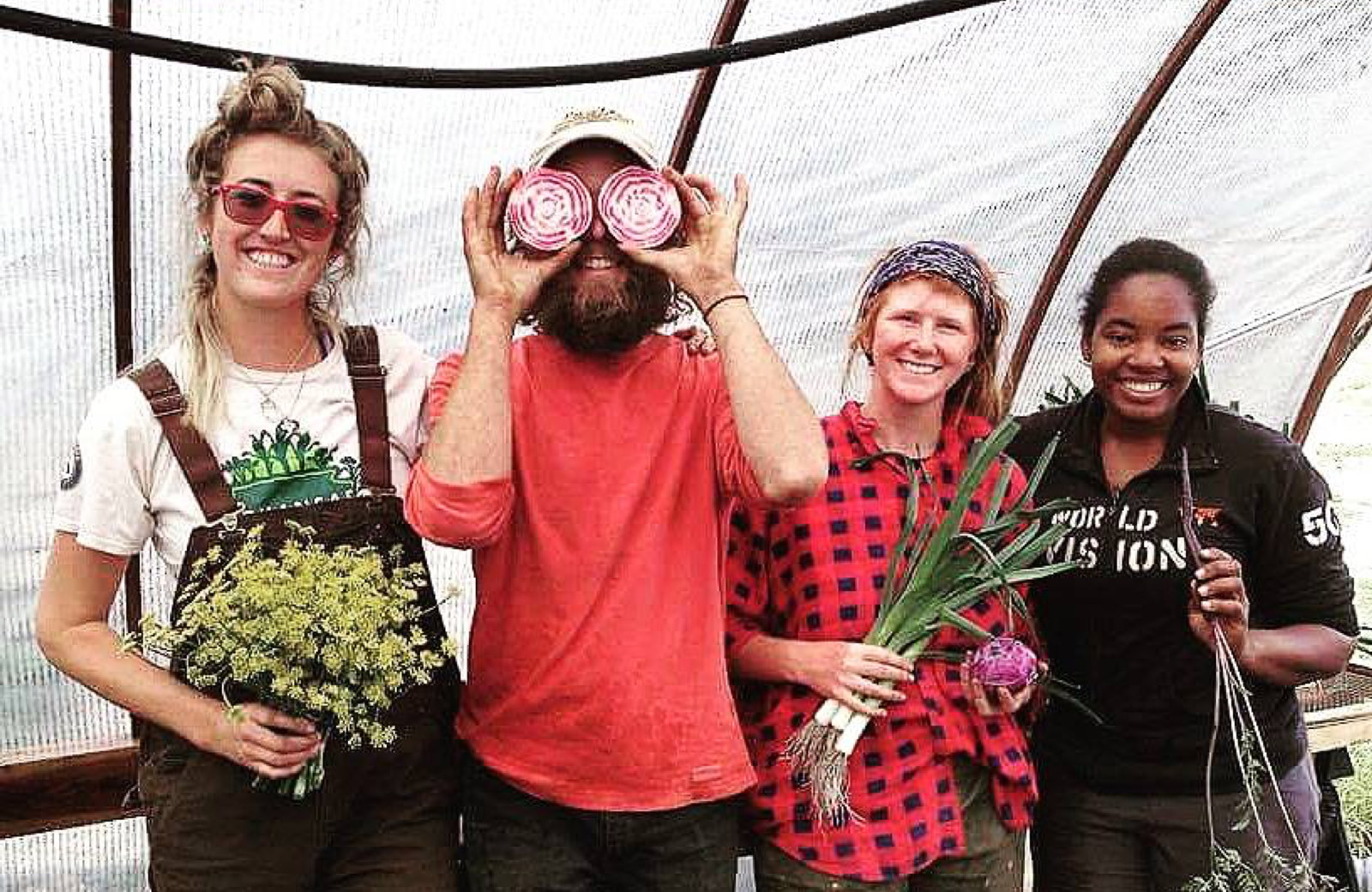
In an anonymous urban place, life is transactional—you go to a bar and order a drink, pay for it and it’s over. Here, life is relational. If someone is late on their loan payment, you go and talk to them, person-to-person.
— John Lovie, early WILL investor
Maryon Attwood and her partner Robbie Lobell were also beneficiaries of one of John Lovie’s WILL loans. Their business, Cook on Clay, produces pro-level, handmade clay cookware that can go from freezer to oven to table, cooking food at a more even rate than metal or glass vessels. People like Deborah Madison are fans. “Banks don’t like the size of loan we needed. We were lucky that there was a place like WILL in our community, bringing together investors willing to issue smaller loans of $1,000 and up,” says Attwood. “When we pitched our loan, we had multiple offers from lenders.”
So how does neighbor-to-neighbor lending work? According to co-founder Steve Shapiro, it starts with the WILL Mashups where potential lenders and borrowers meet in person. Since Washington State regulation states that investors must have a preexisting relationship with the folks they’re loaning money to, Mashups allow both parties to meet in person in a casual environment. According to Shapiro, “Our Mashups are the antithesis of traditional, stressful meetings with bankers sitting behind a huge desk. It’s a time for neighbors to meet neighbors, drink some great wine, and share a vision for the future of their community.” At the quarterly Mashups, borrowers sometimes bring in a short presentation about who they are and what they do. There is one important rule, though: no money requests may be made at the mashups, which are a time for sharing ideas. Shapiro explains, “Sometimes we gently talk someone out of an idea that won’t work or we share resources for someone whose idea is only partway there. It’s really is a big brainstorming session.” If, after the event, a business owner wants to submit an application, they can do it on the website, where potential loaners can review it. “Sometimes, loaners will join together to work on bigger projects,” says Shapiro.

Mashups are a time for neighbors to meet neighbors, drink some great wine, and share a vision for the future of their community.
— Steve Shapiro, co-founder of WILL
Sharon Lundahl and her husband are former diplomats who invested in the Whidbey Island Bagel Factory in the Whidbey Island town of Clinton. She invested, she says, because she “wanted to invest in our community and we liked that the owner John Auburn kept prices under $10 so everyone can afford a good meal.” John Auburn’s need was uniquely Whidbey. He said, “The island loses power all the time. By loaning me the money for a generator, Sharon and Fred Lundahl helped with a critical part of my business.”
Oak Harbor residents Fred and Barbara Bennett, the husband-and-wife team behind Southern-style BBQ company ShoNuff Foods, were the recipients of a WILL loan too. They remind other small-business owners who might be interested in seeking a similar loan, “Some people go into it thinking they are on Shark Tank, but then they realize that the lenders are your neighbors. They’re a bunch of nice people who want to help you out.”
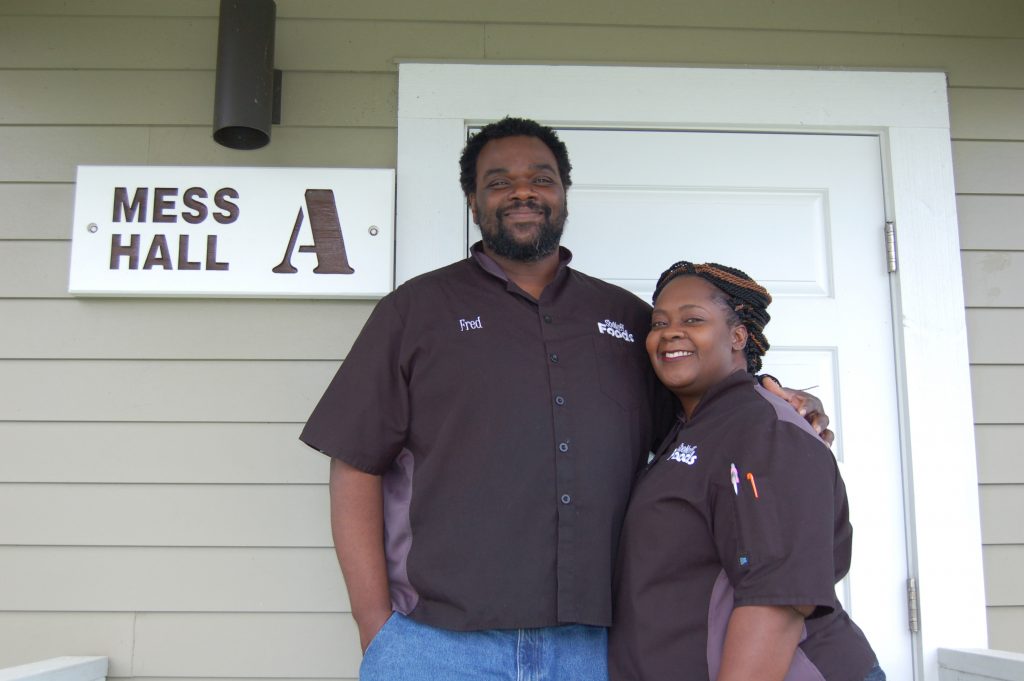


Some people go into it thinking they are on Shark Tank, but then they realize that the lenders are your neighbors. They’re a bunch of nice people who want to help you out.
— Fred and Barbara Bennett of ShoNuff Foods
Damien and Tiffany Cortez dreamed of opening a bar in a historic building in downtown Langley. “We scraped together some savings, but it still wasn’t enough. I had $100,000 equity in my home, and my wife had a credit score of 780. No banks would lend to us.” Now the proud owners of the warm and welcoming Taproom at Bayview Corner, they marvel: “Within a week of meeting with WILL, we had our $25,000 to build the bar with no hidden fees and no collateral. Our lenders don’t want to repossess our bar stools if we go through a rough patch. What a great feeling that is.” Cortez believes that Whidbey Island’s topography makes all the difference when it comes to starting a business here. “It’s really easy to see where your community is when you’re here on the island.”
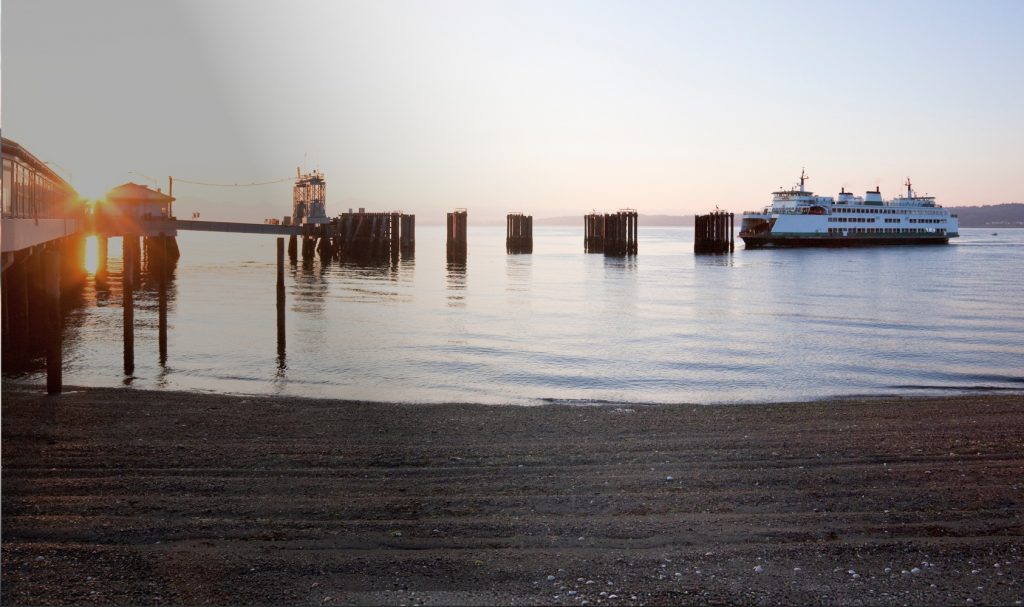
A Grassroots Approach to Neighbor-to-neighbor Lending
Steve Shapiro, co-founder of WILL, shares hard-won advice for people who want to start their own local lending group.

Make time for face-to-face connections. “A program like this needs a point person. I’m that person for WILL. I meet with each potential lender face-to-face to see that everything is in order. After that, I let the lenders and borrowers take it from there.”

Connect with other lending groups. “I was inspired by the Local Investing Opportunities Network, or LION, based in East Jefferson County. When I asked if I could adapt their paperwork, they were very supportive. I’m available to share my experience so that others can create a program where they live. They can just email us!”

Brainstorm a list of other interested locals. “My wife and I put together a list of about 50 couples on Whidbey who we thought might be interested and sent them emails asking them to join us. We got a hearty response.”

WILL program ever has to make a loan, report a loan made, or even open an email from us. We do not have a loan committee, we don’t have a board. Remember, this is all about neighbors helping neighbors.”
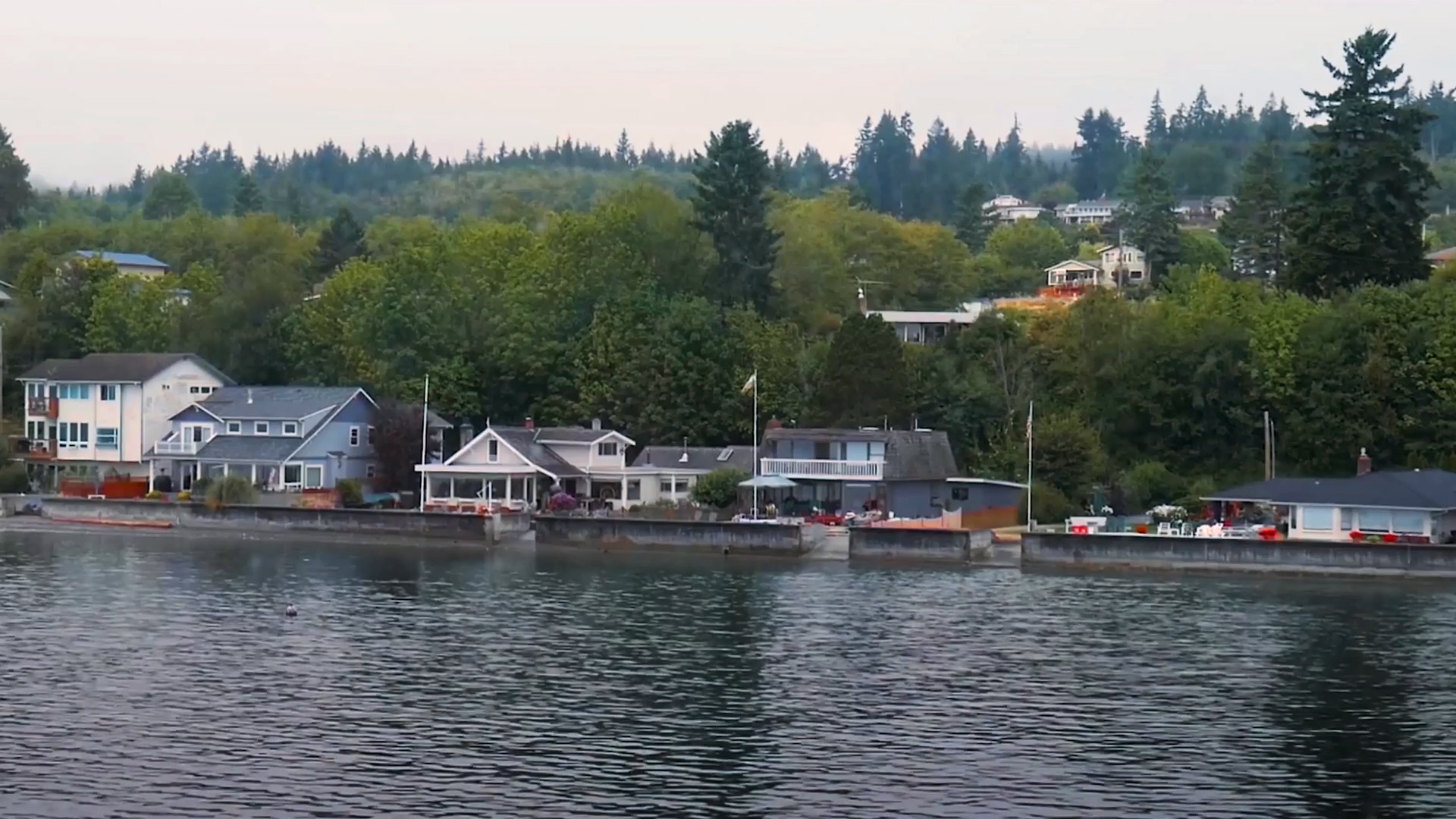
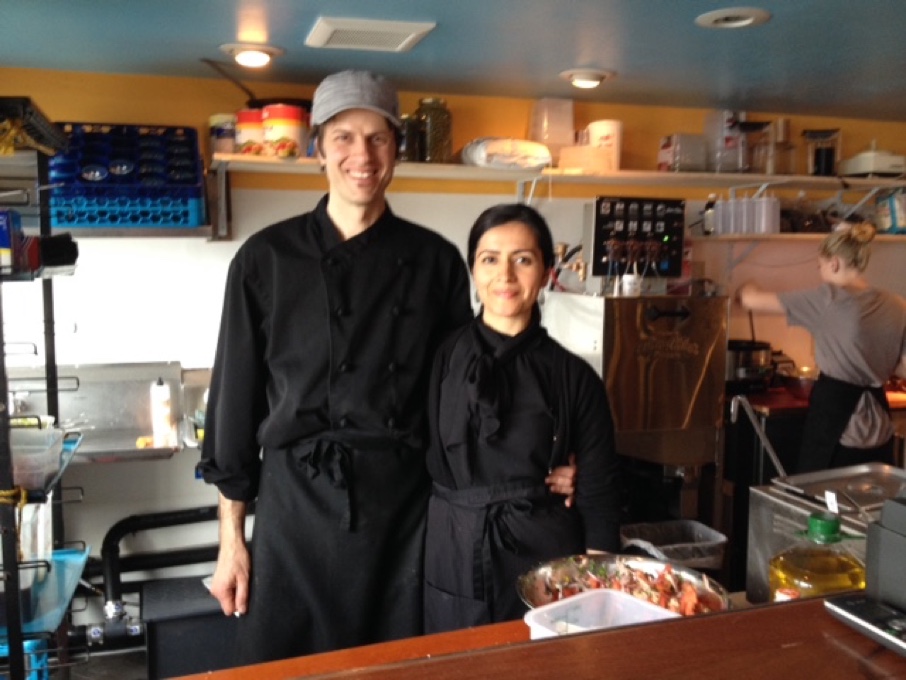
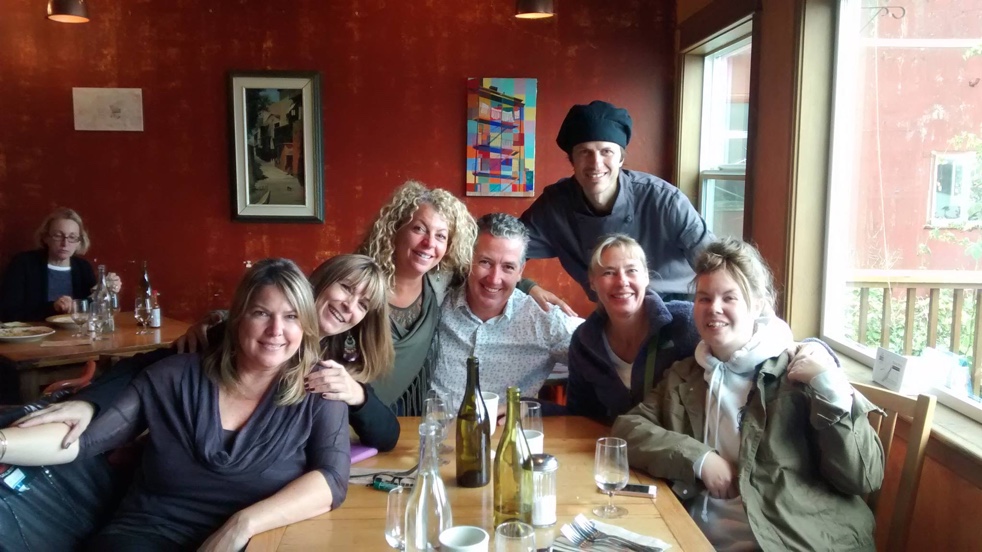
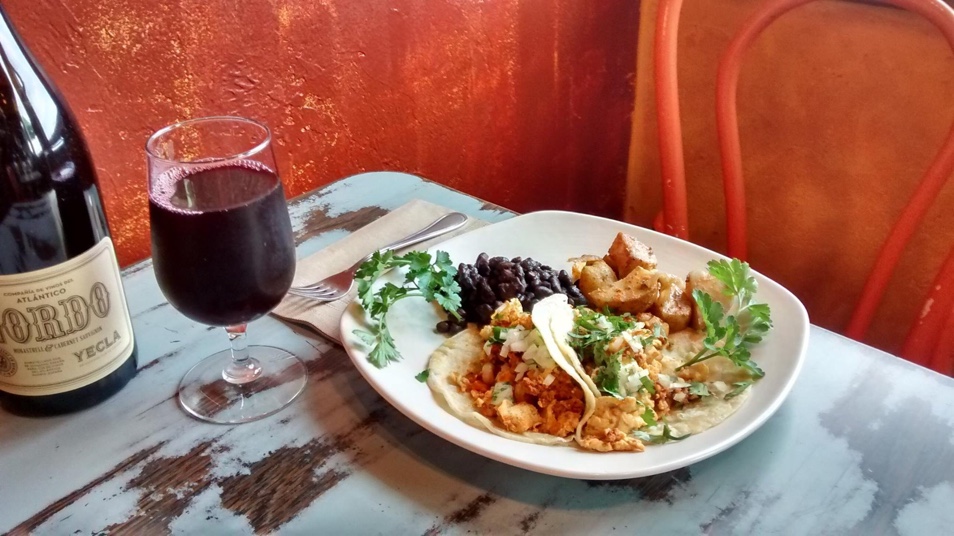
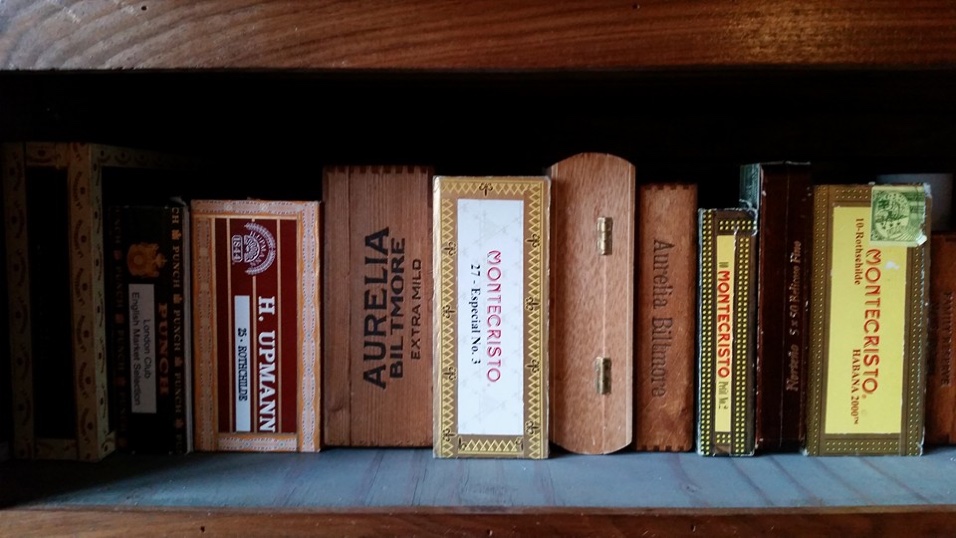
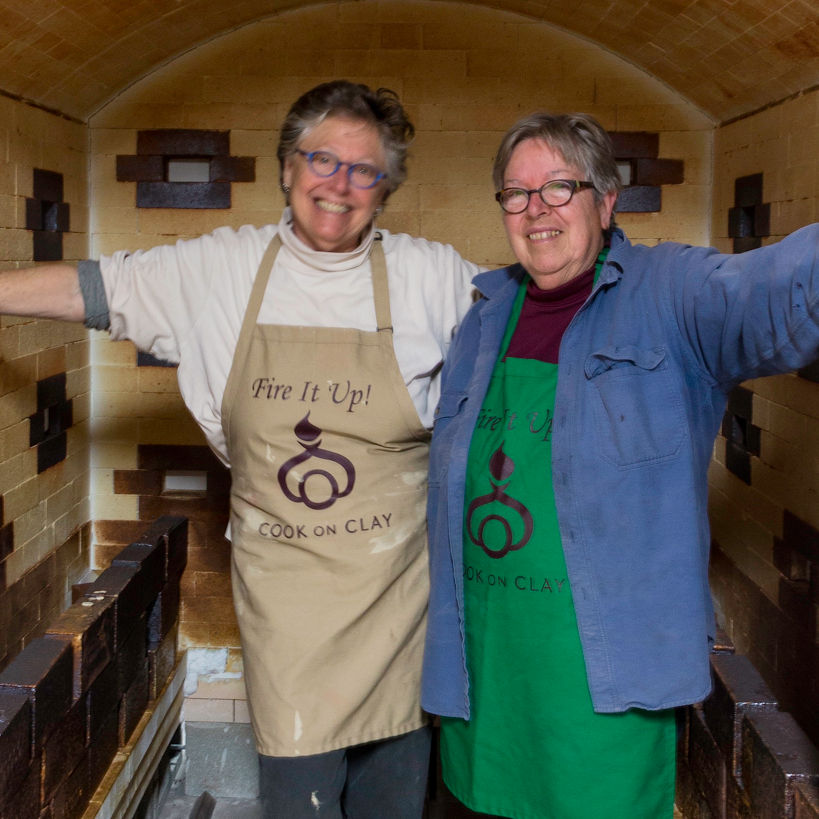

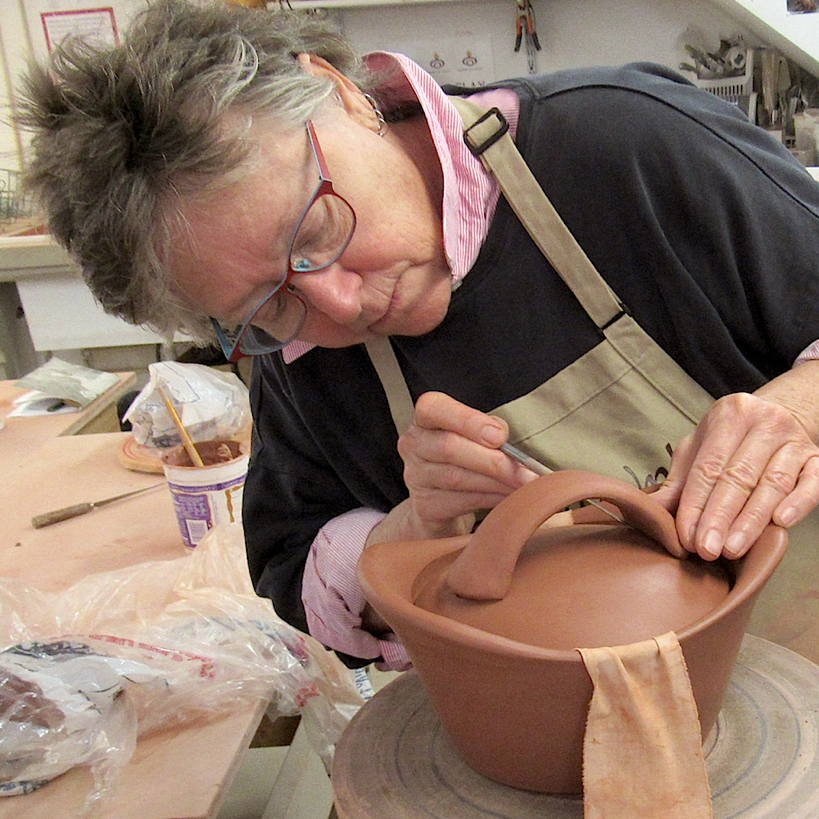


Share your comments